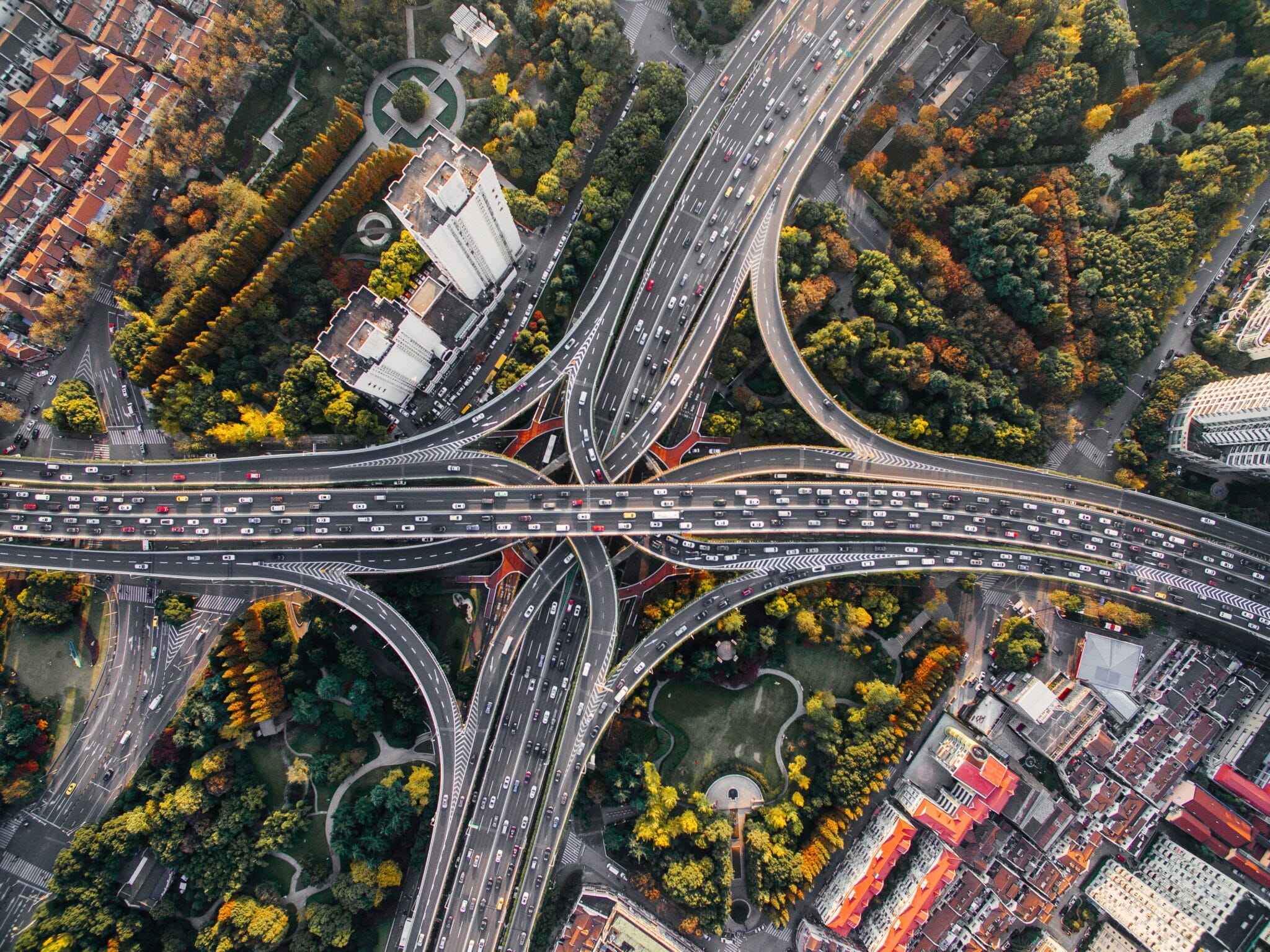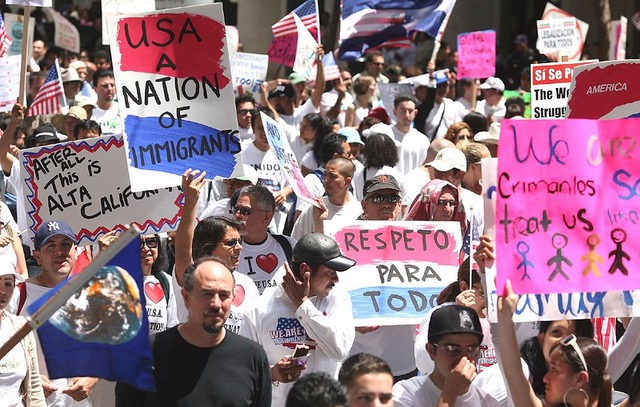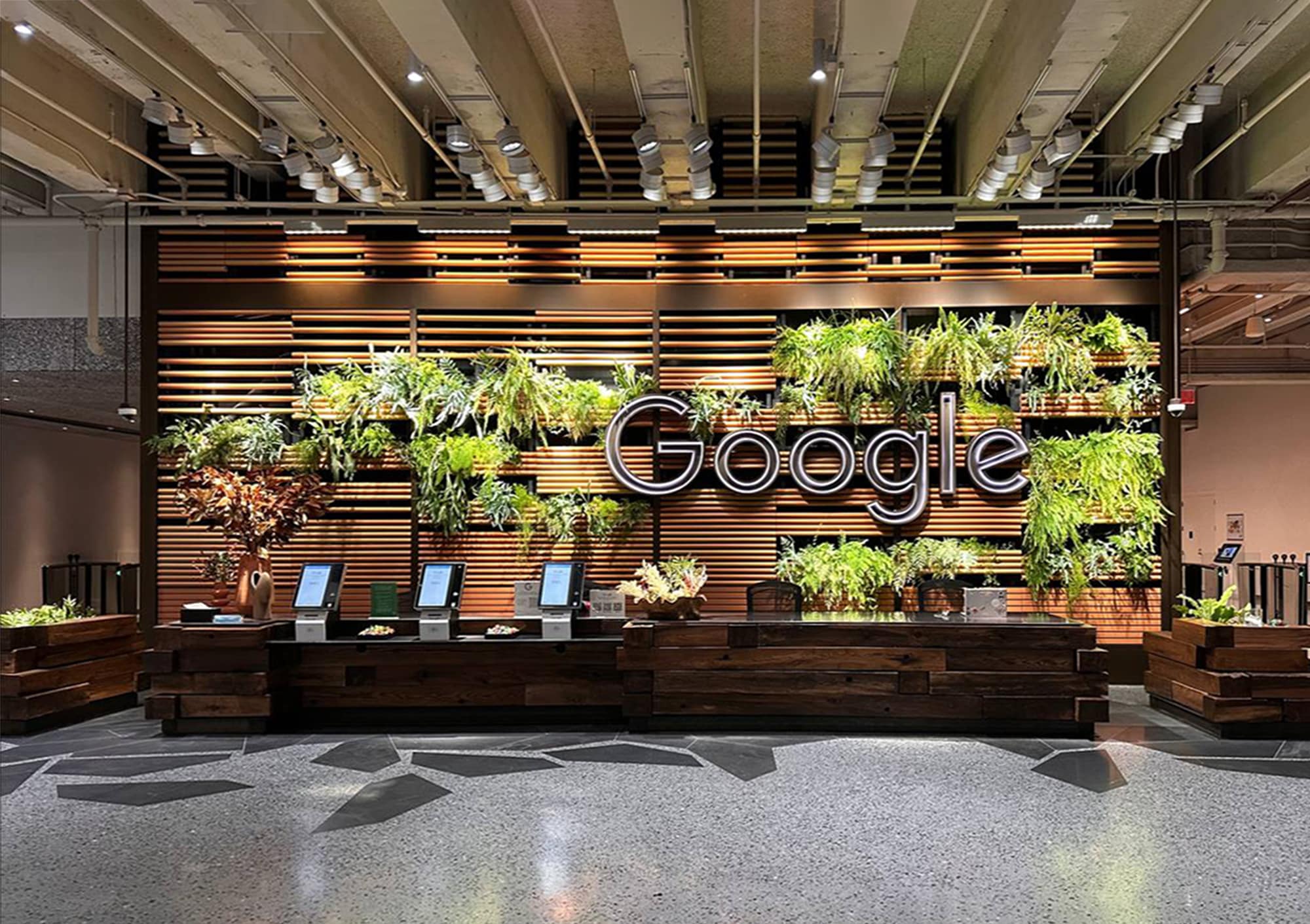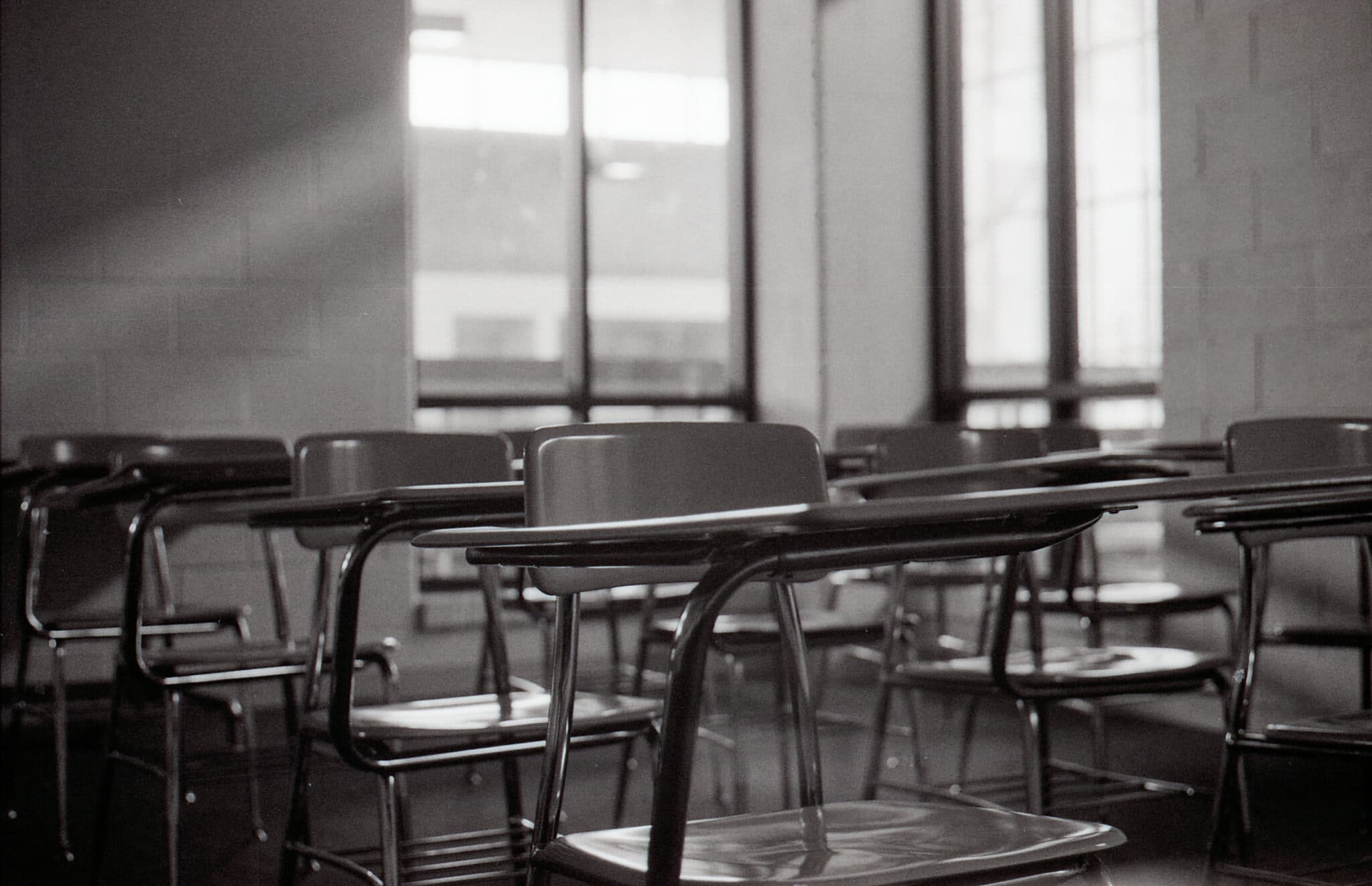Biden says his infrastructure plan would fix roads and bridges, address climate change and racial inequities and raise corporate taxes. PC pxfuel.com Creative Commons
In Washington, House Speaker Nancy Pelosi continues to push for a vote on President Joe Biden’s infrastructure packages. The two bills would make investments in the country over the next ten years that will have a big effect on younger generations. But many students know little about what’s in them.
“I have heard it talked about on TV and social media but I do not know anything further about it,” said Vanessa Crowe, an economics major at the City College of New York (CCNY) in Harlem.
The first bill is a bipartisan $1.2 trillion bill that aims to rebuild the nation’s roads, bridges, and water systems. The second is a $3.5 trillion Democratic proposal for “human infrastructure.” It would expand social programs and address climate change. The debate over the bills is complicated, and many college students in Harlem feel disconnected from a crucial decision in Washington that could have a direct effect on their futures.
This disconnect goes against the recent trend of young people tuning into politics. According to the Institute of Politics at Harvard’s Kennedy School, about a third of 18 to 29 year olds say they consider themselves to be politically engaged. This represents the highest rate of politically active young Americans in a decade.
But if and when students engage with politics, they do it differently from previous generations. “For me it’s mostly on the phone, it’s mostly Instagram or what people send me,” said Sundos El-Nasser, a 27-year-old sociology major at CCNY. “I don’t seek out the news myself, but it’s always on the palm of your hand.”
The Washington household names that traditional media outlets focus their coverage on often get lost on social media. When asked to recognize Joe Manchin, the West Virginia Senator at center stage in the infrastructure debate, El-Nasser said, “I’ve seen that name so many times before, but I can’t.”
Some Harlem college students do not know the details of the bills, but they do think that the country’s infrastructure, especially public transit, needs urgent attention. “It’s messy,” Giorgina Tamayo, a theatre major at CCNY, said about public transportation. “I just think that considering all the taxes and how this country is supposed to be working, it should be better.”
Young people worry not only about the country’s physical infrastructure but also about socioeconomic issues. They may not know what the $3.5 trillion figure represents, but when they learn about it, they do agree with some of the policies behind the price tag.
Crowe has never heard of President Biden’s child tax credit proposal but would like to see universal pre-kindergarten implemented. “I like the idea,” said Crowe. “It is not fair that some students enter kindergarten already knowing the basics while others have to catch up because [their parents] cannot afford it.”
Funding the social safety net programs along with infrastructure investments has raised concerns about the national debt. Democratic leaders promise these expensive packages will be completely paid off with higher taxes to wealthy Americans and corporations. However, Republicans reject raising taxes and believe Democrats will end up adding to the debt.
Some young people can see both sides. “Hearing that we are constantly building up our debt higher than any other country in the world definitely concerns me,” said Mathew Hernandez, a theatre student at CCNY. Hernandez believes that while some corporations work hard, they could, he says, “Definitely give back in a sense” to pay for social programs.
The lack of awareness and understanding about the intricacies of Washington politics causes many young people to suspect that politicians live in a different world from them. “Their lives are very different from ours, it’s like they are secluded,” said Tamayo. “These people are out of touch with reality.”






